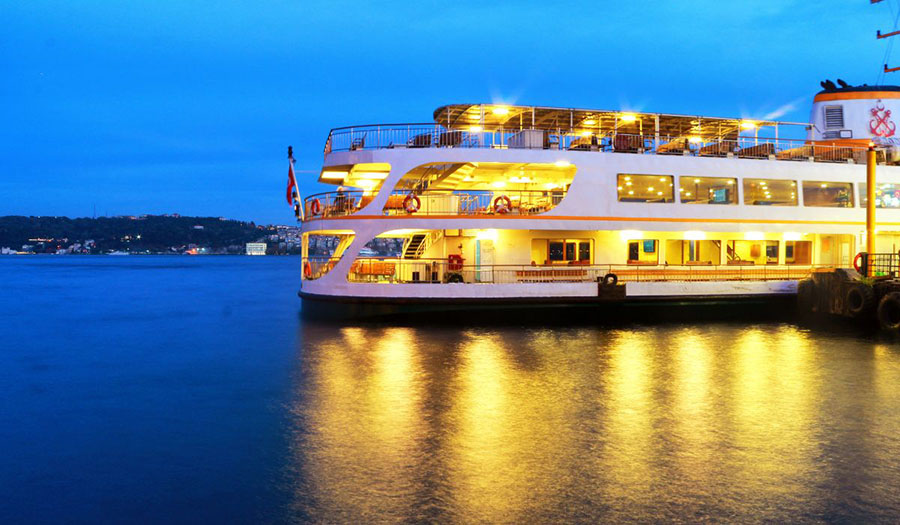The world of marine transportation is experiencing a technological renaissance, driven by a quest for efficiency, safety, and sustainability. As the industry adapts to meet growing demands and environmental concerns, several groundbreaking technologies have emerged as the driving forces behind this maritime revolution.
Autonomous Ships:
Imagine a vessel gliding across the open sea without a crew on board, making calculated decisions based on real-time data and artificial intelligence. This is the promise of autonomous ships, also known as unmanned surface vessels (USVs). These futuristic vessels are equipped with an array of sensors, radar, GPS, and advanced algorithms that enable them to navigate the oceans autonomously.
The benefits of autonomous ships are multifold. They promise to reduce the risk of human error, enhance safety at sea, and optimize fuel consumption by following the most efficient routes. These vessels are also poised to revolutionize the shipping industry by enabling round-the-clock operations without the need for crew quarters.
Smart Navigation Systems:
The old ways of plotting a course using traditional charts and relying on outdated weather information are giving way to smart navigation systems. These systems tap into a vast network of sensors and satellites to provide real-time data on weather conditions, ocean currents, and vessel traffic. They use this information to plot the most efficient routes, avoiding adverse weather and congestion.
By optimizing navigation, these systems help ships save fuel, reduce emissions, and reach their destinations faster. They also enhance safety by providing early warnings of potential collisions and adverse weather conditions. Smart navigation is at the forefront of maritime technology, ensuring safer and more efficient journeys.
Electric and Hybrid Propulsion:
As the world seeks to reduce greenhouse gas emissions, the maritime industry is exploring electric and hybrid propulsion systems. These systems replace or supplement traditional diesel engines with cleaner alternatives, such as electric motors powered by batteries or other renewable energy sources.
Electric and hybrid propulsion not only reduce emissions but also offer improved fuel efficiency. Ships equipped with these systems can switch between power sources, optimizing their energy use as conditions change. This technology represents a significant step toward greener and more sustainable maritime transportation.
Advanced Weather Forecasting:
Weather plays a pivotal role in maritime operations, impacting routes, safety, and efficiency. Advanced weather forecasting technologies are leveraging massive data sets and sophisticated modeling to provide highly accurate predictions for the maritime industry.
These forecasts enable ships to make informed decisions about route adjustments, avoiding severe weather and optimizing voyage planning. Improved weather forecasting ensures safer journeys, reduces fuel consumption, and enhances overall operational efficiency.
Underwater Drones:
Beneath the surface of the sea, underwater drones, or Unmanned Underwater Vehicles (UUVs), are revolutionizing marine exploration and inspections. These compact, remotely operated vehicles can delve to great depths, performing tasks such as seabed mapping, pipeline inspections, and marine research.
Underwater drones extend the reach of human exploration, providing access to areas that are otherwise difficult or dangerous to reach. They enable scientists to study marine life and ecosystems, while also assisting in critical infrastructure inspections, such as oil and gas pipelines.
These innovations are not only enhancing safety and efficiency but also paving the path toward a more sustainable and environmentally friendly future for maritime transportation. As technology continues to advance, we can expect even more exciting developments in this ever-evolving field.





